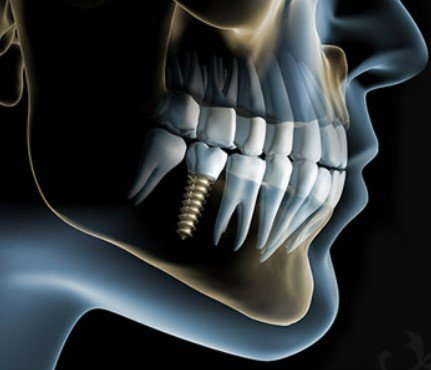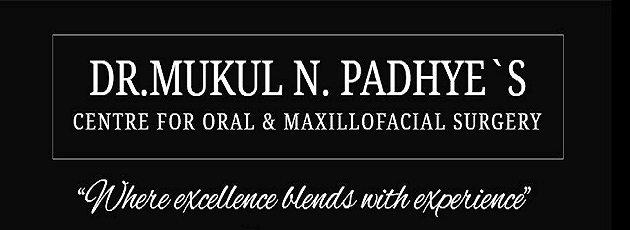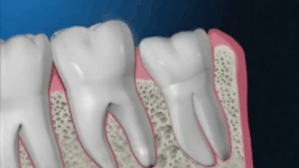








There are two main types of dental extractions, simple extraction, and surgical extraction. A simple dental extraction is used to remove teeth that can be seen and are easily accessible, whereas surgical dental extraction typically requires an incision into the connective tissue to gain access to the tooth to be removed
Simple tooth extractions are preferred whenever feasible because they are easier to carry out and are associated with fewer adverse effects than surgical tooth extractions.
There are a number of reasons why we may recommend that you have a tooth, or even several teeth extracted. Tooth extraction may be needed if repairing a damaged tooth is not practical.
What happens before tooth Extraction
We will assess your affected tooth and surrounding gums. We will also take dental X-rays to check bone levels and determine the extent of the damage. Be sure and tell us about any medications, vitamins, or supplements you’re taking.
Once all information is gathered, treatment and sedation options will be discussed with you in detail.
Malposition or nonfunctional teeth may also need to be extracted. Sometimes tooth extractions are necessary to prepare for orthodontic treatment.
When you are ready for surgery, you will be given a dose of local anesthetic. which numbs the area where the surgery will take place.
How Long is the Recovery Period?
After the surgery takes place, the recovery period generally lasts only a few days. You can speed up recovery and comfort by taking medication, keeping the surgery area clean, not smoking, decreasing physical activity, eating soft foods, and avoiding disturbing the recovering area.
Tooth extraction aftercare
After your extraction, we will give you a detailed list of post-surgical instructions. Here are some general guidelines for a speedy recovery:
- Keep the extraction site clean. Gently rinse the area with an antimicrobial mouthwash two to three times a day. Avoid brushing directly over your extraction site until it’s safe to do so. Brush and floss all other areas normally.
- Take all medications as directed. We may prescribe antibiotics and pain relievers. It’s important to take all of these medications exactly as directed. You can also take over-the-counter pain relievers, such as acetaminophen and ibuprofen.
- Avoid strenuous activity for at least two days. An elevated heart rate can cause increased postoperative bleeding and discomfort. Skip the gym for the first 48 to 72 hours. We will update you when it’s safe to resume normal routines.
Why us?
Extractions at our centre are done pain-free and such that minimal trauma to the adjacent structures is done thus creating an environment for an immediate or delayed implant for replacement.